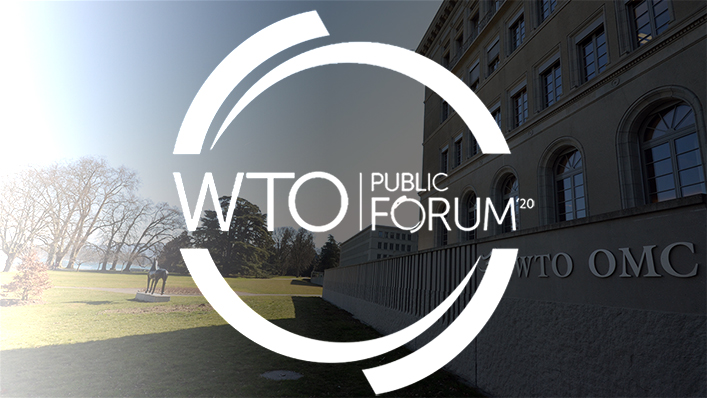Together in pain, together in gain: How digital technology turned possible economic chaos into a mere bump on the road to growth and prosperity and helped set out a brand-new course for international trade
29 Sep 2021 09:30h
Mr Alastair Tempest (CEO Ecommerce Forum of Africa) discussed Africa’s current push for the Continental Free Trade Area (CFTA) where tariffs across the continent would be removed. Tempest highlighted limited infrastructure, the digital divide, the lack of payment systems, various countries’ central bank rules not being aligned, and other, as some of the major issues affecting the development of e-commerce.
Tempest stated that COVID-19 has exacerbated the transport issues. However, some airlines have pivoted towards delivering cargo instead of people, while sea cargo transport has been increased by 400%. What happens in Africa today will have an impact on Europe tomorrow, especially from advances in technologies and adoption of fintech which fits well with the new ideas of Open Banking in Europe.
Mr Pascal Kerneis (Managing Director, European Services Forum) touched on the need for more countries to improve commitments through the WTO on domestic regulation for all services, as well as market access on e-commerce related services which is essential for global improvement of e-commerce. Additionally, no custom duties should be imposed on electronic transmission.
Kerneis continued that, even though imposing levies and custom duties on the electronic transmission is now technically possible, and some countries are considering following this path, there is a call for the permanent ban on duties on electronic transmission within some of the discussions on e-commerce. There is also an ongoing discussion on banning government requirements for the revelation of intellectual property such as key software code. The world is divided on this issue and any country which improves its regulatory environment for e-commerce is expected to be a winner. Kerneis called for a declaration from the ministerial conference and clear statement of deadlines on the resolution of key digital issues.
Ms Michelle Chivunga N (CEO, Global Policy House) called for more support for small and medium enterprises, and stressed the need for investing in measures which would support SMEs in trading and operating in different markets. Chivunga and Tempest both spoke on the requirement for equitable access to vaccines, digital vaccine passports, and suggested blockchain as aid for transparency in distribution.
Ms Daphne Dernison (Global Public Policy Director, Philips) spoke about the global impact of government imposed restrictions during the pandemic with forced localisation for ventilators and vaccines. Dernison called for governments to eliminate restrictions on manufacturing and distribution through effective and practical initiatives. Dernison stated that the devices generate a huge amount of data daily, and the logistics of remotely managing and monitoring equipment along with analysis becomes more challenging with the increase in restrictions.
Kerneis suggested that there is a need for new rules for digital trade because the government imposed restrictions combined with the increase in the value of trade create localisation barriers for market access. Mr Kevin Verbelen (Company Lawyer and Expert International Trade, Agoria) agreed that borders do serve a purpose, but need to be intelligent when digital issues are concerned.
Kerneis and Tempest discussed data protection measures such as General Data Protection Regulation (GDPR) and others being put forward by various countries. Tempest described GDPR as being extremely patronising and stated that it was created for Europe and that Europe should use it, not Africa. Chivunga chimed in that Africa is capable of keeping pace with the rest of the world and of reaching new frontiers as it is set in direction of changes. She called for recognizing that the times have changed, that the colonisation agenda is behind us, and that Africa must be in the driver’s seat when African issues are concerned.
Related event

